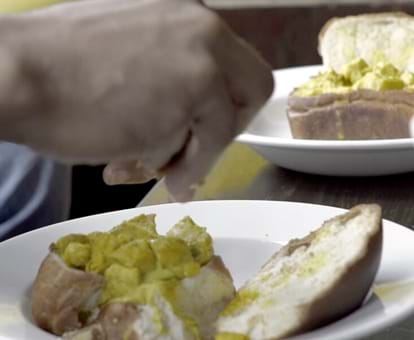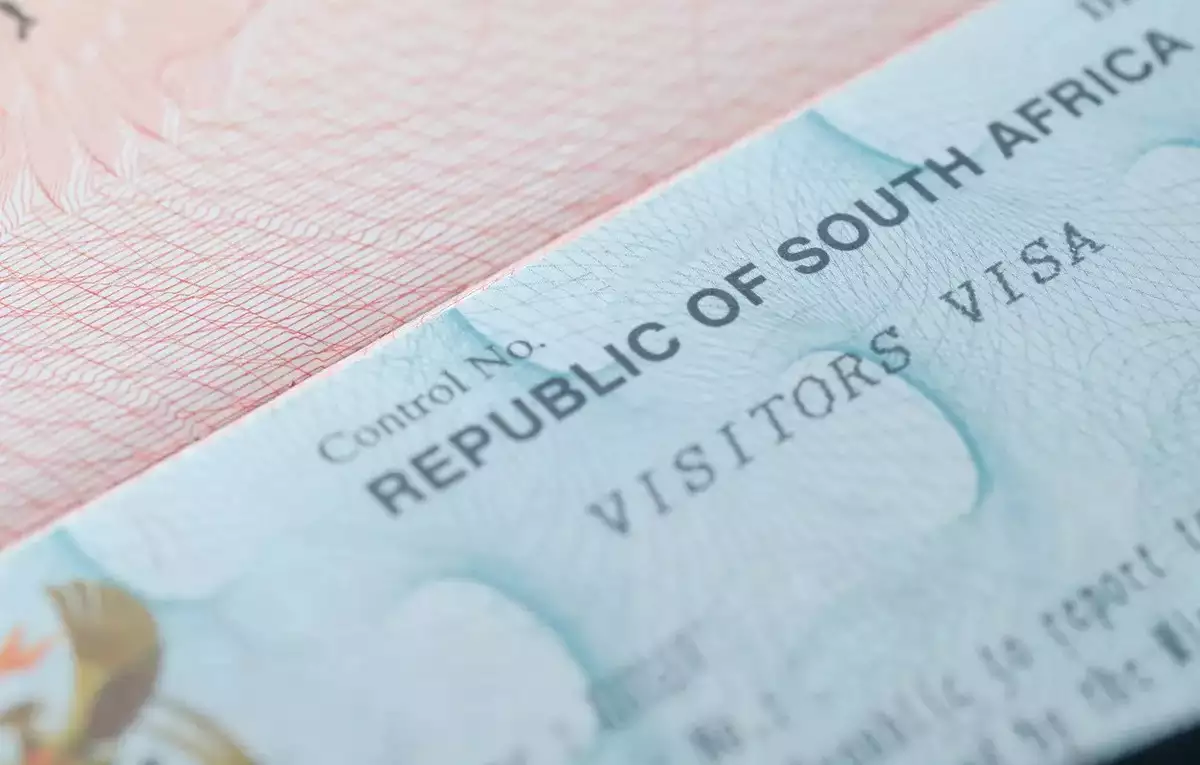-
Today, South African cuisine continues to be influenced by Indian flavors, though a new generation of chefs is exploring local ingredients
-
Despite shifts in food trends and xenophobic tensions, Indian cuisine remains a testament to its lasting impact on the country’s history and culture
Indian food played a unique role in South Africa’s fight against apartheid, not only as a cultural connection but also as a bridge across racial and social divides. Indian restaurants became vital meeting grounds for people of all communities when racial segregation intensified, scroll.in reported.
These spaces offered not only sustenance but also a sense of community, where shared meals often led to meaningful interactions that transcended racial barriers.
The legacy of Indian food in South Africa goes back to the 19th century when British colonial rulers brought over 150,000 Indian indentured laborers to work in sugar fields. Despite the discrimination they faced, the Indian community, particularly the Gujarati Muslim traders, introduced flavorful spices to a country where the Dutch-descended Afrikaners preferred a blander diet.
Indian food was not just about nourishment; it was a political tool during the resistance against apartheid
Nelson Mandela, the iconic leader of the anti-apartheid movement, frequented Indian restaurants and homes for clandestine meetings, where activists from different racial backgrounds gathered
Mandela’s admiration for Indian cuisine reflected the deep bond between the communities during their shared struggle
As South Africa’s racial divide worsened, non-Indians, too, embraced Indian food, recognizing its richness and appeal. Dishes like biryani and bunny chow became staples not just for the Indian community but also for the larger population, including during anti-apartheid meetings and rallies.
One notable influence was the cookbook Indian Delights, first published in 1961 by Durban’s Women’s Cultural Group. This collection documented the Indian community’s culinary contributions, including recipes for large gatherings—often required for communal celebrations. Zuleikha Mayat, a key figure behind the book, believed that food could help unite communities in the face of apartheid. The cookbook’s vast array of recipes, including biryani with masoor dal and the iconic bunny chow, reflected the community’s adaptation to local ingredients while preserving Indian culinary traditions.
***********************************************************
Readers
These are extraordinary times. All of us have to rely on high-impact, trustworthy journalism. And this is especially true of the Indian Diaspora. Members of the Indian community overseas cannot be fed with inaccurate news.
Pravasi Samwad is a venture that has no shareholders. It is the result of an impassioned initiative of a handful of Indian journalists spread around the world. We have taken a small step forward with the pledge to provide news with accuracy, free from political and commercial influence. Our aim is to keep you, our readers, informed about developments at ‘home’ and across the world that affect you.
Please help us to keep our journalism independent and free.
In these difficult times, running a news website requires finances. While every contribution, big or small, will make a difference, we request our readers to put us in touch with advertisers worldwide. It will be a great help.
For more information: pravasisamwad00@gmail.com











